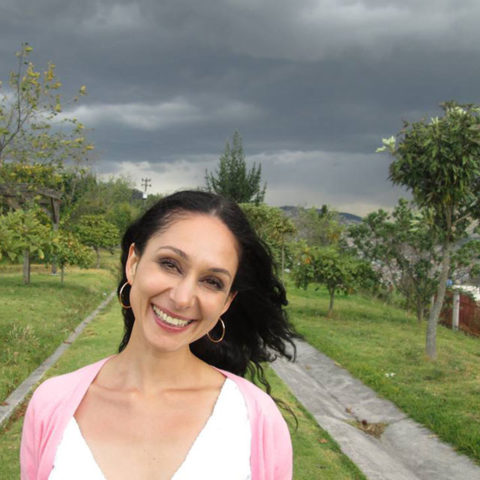
UN Special Rapporteur on leprosy visits Brazil
Alice Cruz, the UN Special Rapporteur on the elimination of discrimination against persons affected by leprosy and their family members, made her first official visit since the creation of her mandate, to Brazil from 7 to 14 May 2019.
As Brazil has the second highest rate of new cases worldwide, Cruz said she wanted to see what measures the authorities were taking to protect and promote human rights of those affected by leprosy. While in Brazil she visited with the federal and local Governments, civil society organisations, leprosy experts, people affected by leprosy, their families and their representative organisations.
After her trip, Cruz expressed concerns about the number of children affected by leprosy in country and brought attention to the fact that many are denied access to schooling. She urged the federal Government to take steps to ensure that those affected by leprosy are protected from discrimination and stigma based on ignorance about the transmission and treatment of the disease.
“…Persons affected by leprosy continue to experience prejudice, structural and interpersonal discrimination and have limited access to fundamental rights and substantive equality. They still struggle to receive appropriate and comprehensive health care, obtain education and employment, and some are still searching for their children who were forcibly taken in the past,” she said.
“More must be done to ensure early detection, prompt treatment, rehabilitation and reconstructive surgery,” the UN expert said. “An adequate standard of living must be ensured by poverty reduction policies, as well as accessibility and reasonable accommodation at schools and work settings. Many people who are affected have asked the authorities to take decisive steps to protect their rights, including affirmative policies to tackle inequality and reparation measures for physical and psychosocial impairments and disabilities caused as a result of past policies,” she added.
Her final report will be presented to the UN Human Rights Council in June 2020.
See the video about the trip here and see the End of Mission Statement in English here and in Portuguese here.